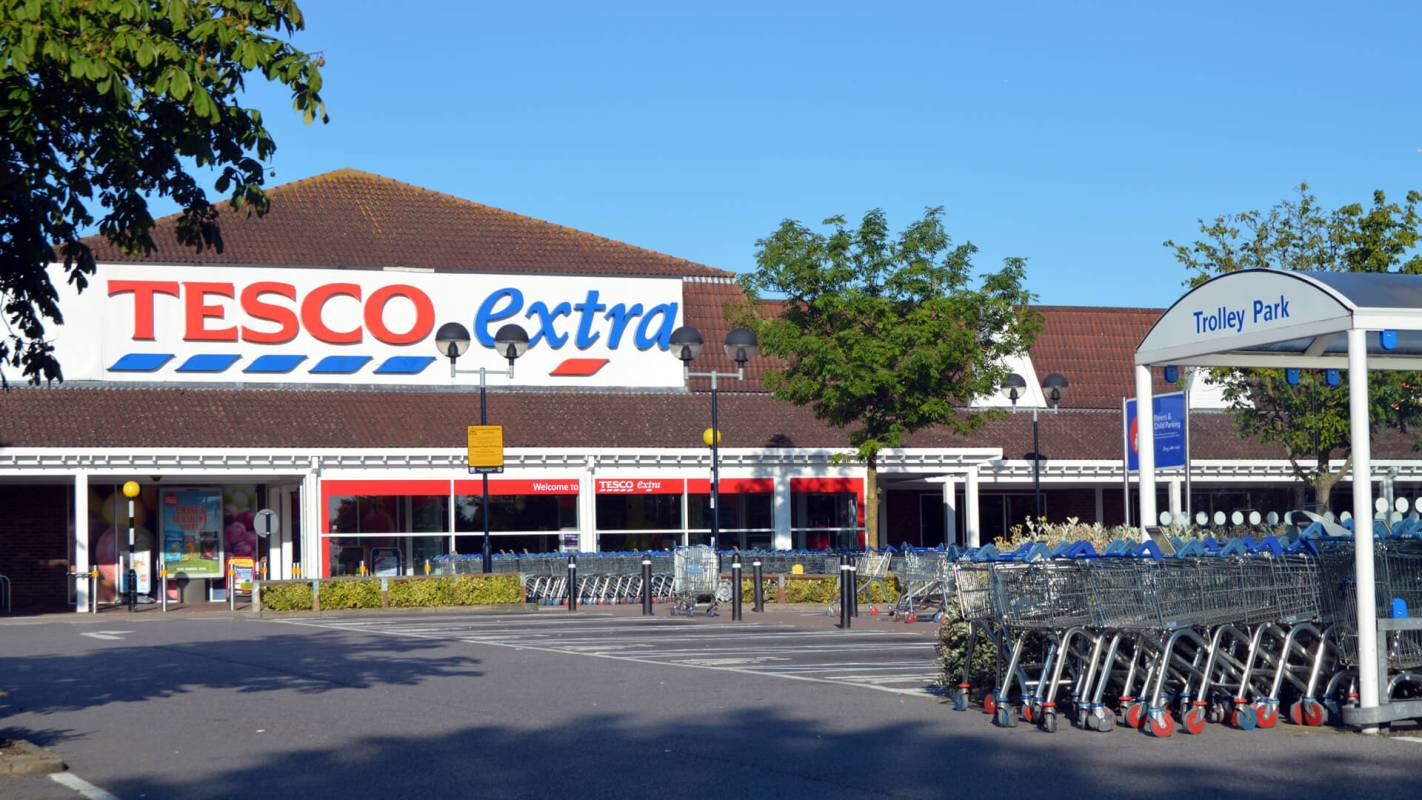In a landmark, impactful decision, the U.K.'s largest supermarket is taking huge steps toward eliminating food waste. British grocery chain Tesco recently announced a change to executive pay structures, incorporating waste targets into bonus payouts.
Tesco CEO Ken Murphy acknowledges food waste as an "urgent humanitarian concern." In 2016, the world's third-largest food retailer committed to reducing its waste by half by 2030.
The chain is nearing its target, having already seen a 45% reduction in grocery waste. That means that only 0.35% of Tesco food goes to the garbage — a remarkable feat.
Tesco's commitment
Tesco has incorporated social and climate commitments into its executive Performance Share Plan.
Under this new plan, 25% of bonus payouts for executives are tied to their success in finding ways to both reduce food waste and carbon pollution and to increase gender and ethnicity representation in the workforce.
"By accelerating our target to halve food waste in our operations by 2025 and aligning executive pay performance targets to this goal, we hope to drive further transformative change," Murphy said.
The company has readjusted its target, vowing to beat the U.N.'s Sustainable Development Goals by five years and cut waste in half by 2025.
The impact of food waste
According to U.K.-headquartered climate change NGO WRAP (Waste and Resources Action Programme), the U.K. generated a staggering 10.4 million tons of food waste in 2018. Of that, more than two-thirds of that wasted food was still edible.
Food waste is both a humanitarian and social concern. The resources — land, human energy, and more — required to grow, harvest, package, and transport food products cannot be overlooked.
Rotting food clogs our landfills and produces methane gas, a toxic pollutant that remains a key contributor in the overheating of our planet.
A collective effort
"We have long called for government to introduce mandatory food waste reporting to help measure and judge if real action is happening. Action must be taken across the whole industry," says Murphy, highlighting the collective effort required for true and sustainable impact.
Supermarket chains aren't the only ones sending food to landfills.
Here are a few ways you can lower your food waste at home:
Buy only what you need: plan ahead and avoid unnecessary purchases
Leftover luxury: try storing leftover meals and getting creative with them for a quick prep of a new meal
Freeze to preserve: lots of foods last longer in the freezer, whether fresh or preprepared
Looks aren't everything: use imperfect or wilting produce or herbs to make smoothies, jams, soups, or sauces before they go bad
Build a collective: share about your journey and inspire others to lower food waste
Want more? Follow The Cool Down on Instagram and join our Weekly Newsletter for cool stories and easy tips that save you money, time, and our planet.








